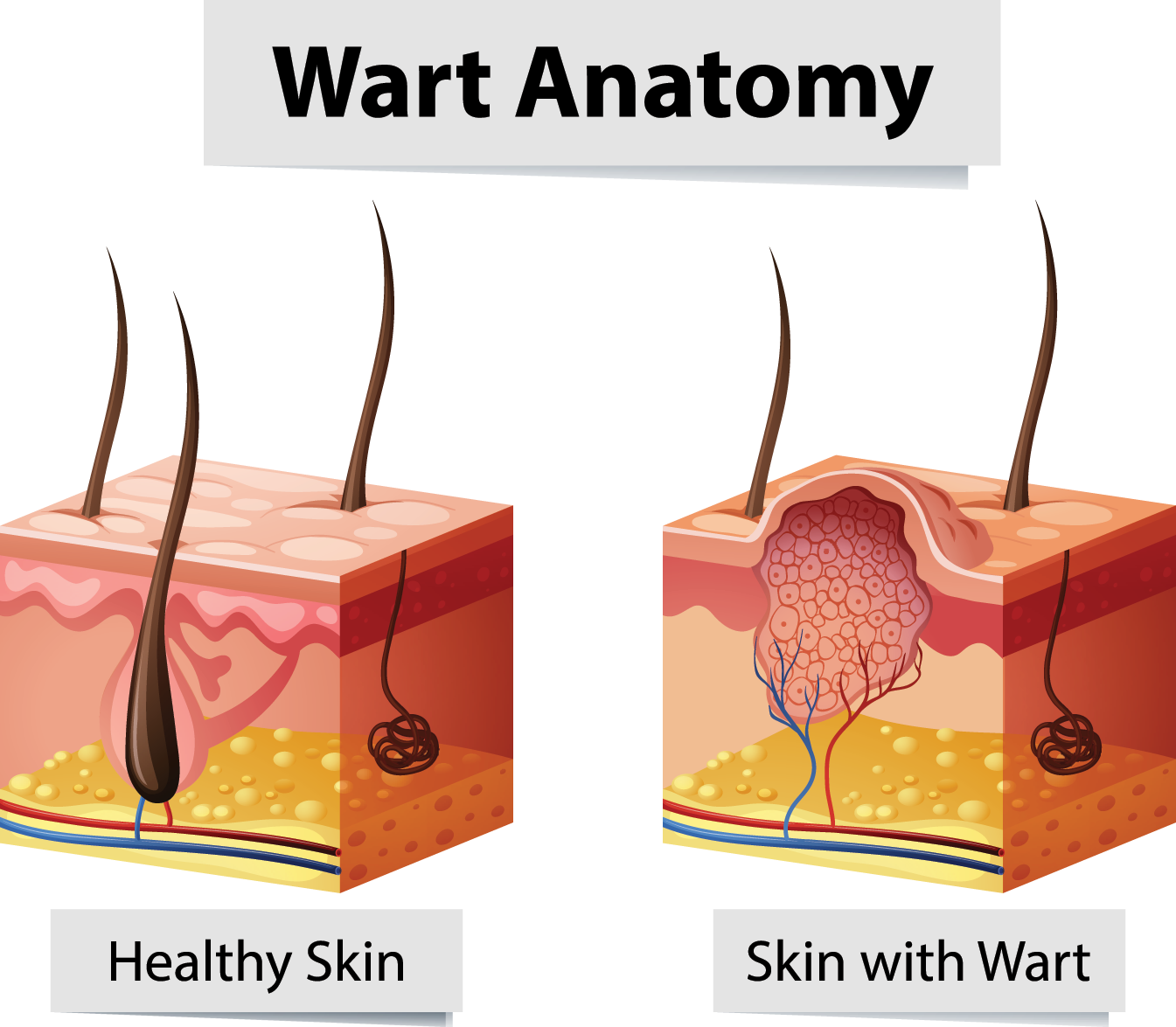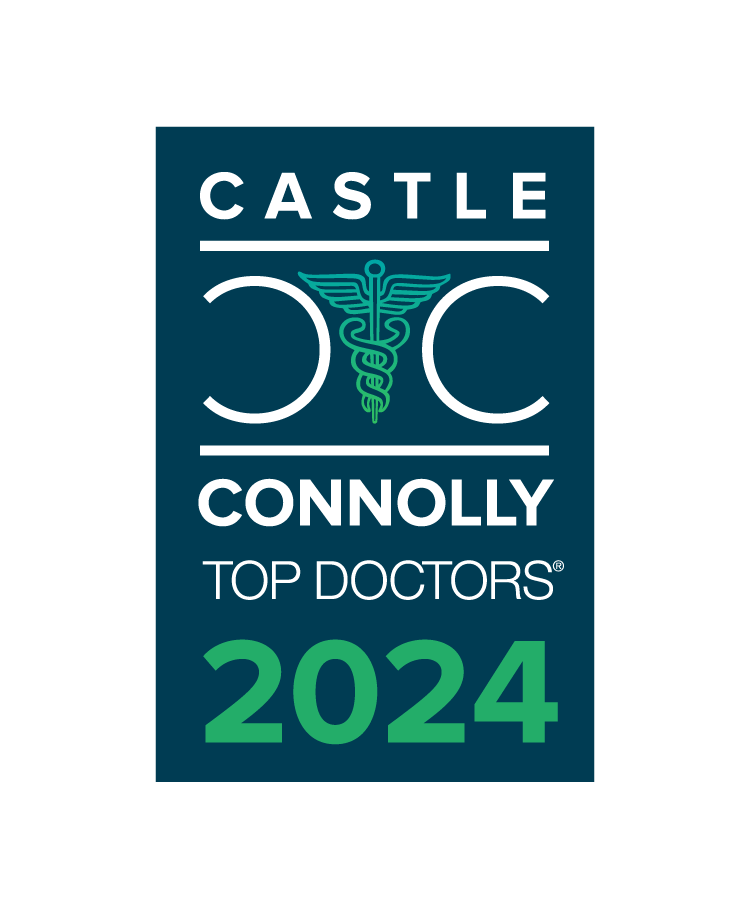Nashville’s #1 Option for wart removal
Wart Removal
- Acne
- Acne Scars
- Benign Growths
- Red Birthmarks
- Excessive Sweating (Hyperhidrosis)
- Melasma
- Melanoma
- Moles (Nevi)
- Pre-cancers (Actinic Keratoses)
- Rosacea
- Acne Scarring
- Skin Cancer
- Brown Spots & Freckles
- Total Body Photography
- Veins
- Wart Removal
- Wrinkles
- Cherry Angiomas
- Enlarged Pores
- Redness of Neck or Chest
Are you looking to remove a wart? The first step in the wart removal process is have a dermatologist perform a skin evaluation. It is possible for someone to assume or conclude that what they see on their own skin is a wart, when it is actually something else. Below we provide some info and detailed descriptions on warts and wart removal options. However, please know that your best option is to schedule an in person appointment with a dermatologist to evaluate your skin. Please click here to schedule an appointment in our Nashville TN dermatology clinic.
Identifying Warts
A wart is usually a rough, scaly bump that can appear anywhere on the body and lives on the upper layer of skin. They are very common on hands and soles of the feet (plantar warts). Occasionally, they can be smooth, flat, and appear on the face. You may also see small dark dots in the wart. These dots are small blood vessels called capillaries, which supply blood to the wart and are very common. Warts are usually small and painless. They can range in color from white, pink or flesh tones.
Causes of Warts
Warts are caused by contact with a virus called the human papillomavirus (HPV). HPV causes the cells in the skin to grow at an abnormal rate and create the small rough bump we know as a wart. This small bump is generally a benign growth, which means it usually will not cause serious medical harm. HPV is transmissible through person to person contact.
Because HPV can live outside of the body, it can also be spread through indirect contact; meaning you may come into contact with it by touching an object that was once touched by someone else carrying the virus. Although anyone can get warts, some people are more prone to getting a wart virus (HPV) than others. These people include children and teens as well as people with weakened immune systems. You may also be more susceptible to getting warts if you have exposed broken skin.

Types of Warts
Different types of warts can appear in different areas of the body.
- Common Warts: Fleshy, rough bumps that usually occur on the fingers or hands
- Flat Warts: Smooth, usually appear on the face, thighs or arms in clusters
- Plantar Warts: Can be found embedded in the foot and surrounded by tough skin
- Filiform Warts: Grow around the face and head, shaped like a small flap of skin or flower
- Periungual Warts: Grow around or under toenails and fingernails, can be painful
Preventing Warts
Warts can come back even after removal, so it is important to understand how to prevent the spread of warts. Below are some tips to helping prevent the spread of the virus:
- Wash your hands often with soap and warm water
- Avoid touching other people’s warts
- Cover any broken skin and cuts with a clean bandage
- Avoid sharing personal hygiene products such as towels and razor blades
- If you develop a wart, do not pick at it
- Avoid shaving areas of skin with a wart
- When in public areas such as pools or gym showers, be sure to wear appropriate shoes
- Avoid biting or picking at your nails
- Keep your hands moisturized to avoid dry, cracked skin
- Do not use any products that were used in the treatment of your wart on healthy skin
At-Home Wart Removal
Warts can go away on their own, but that process can often take months or years. If your wart is causing you discomfort, you may wish to get rid of it much sooner. Patients may choose to remove warts much quicker for cosmetic reasons as well. Over the counter treatments are available for occasional common warts, but typically not as efficacious. These treatments may include:
- Salicylic Acid Treatments, such as WartStick (available at our Nashville office)
- Over the counter liquid Butane (-100°F) to freeze the wart (our office uses liquid nitrogen which is -320°F and more effective)
Stop using these treatments and contact your doctor if your skin becomes swollen, painful or irritated.
When to see your Doctor or Dermatologist
If you are immunocompromised or have diabetes or other medical conditions, it is always advised that you first speak to your doctor before beginning any over the counter or at-home removal treatments. Certain kinds of warts, including genital warts or those near sensitive areas on your body, warrant a doctor’s visit right away and should not be treated with at-home remedies.
If your wart is painful, discolored, continues to grow in size or number, or is otherwise too difficult to deal with, it is advised that you speak to your doctor about in-office treatments. Any painful, growing, bleeding or discolored warts should be examined by a doctor to rule out other skin conditions that may be much more serious in nature.
In addition, your doctor may be able to prescribe you a stronger topical treatment that you can continue to use at home if the over-the counter medication is not strong enough. Your doctor may also be able to recommend some in-office wart removal options, as illustrated below.
In-Office Wart Removal
Do you live in Nashville, TN or visit Nashville on a regular basis? Various wart removal treatments are available in our Nashville office to treat and remove warts. After assessing the type and severity of your warts, we can then determine the appropriate treatment for your case. The following treatments should only be performed by a trained professional.
- Cryotherapy: The wart is treated by “freezing” it with liquid nitrogen. This may be a more powerful freezing therapy than what is found over the counter. The cryotherapy allows for a blister to form around the wart, which then allows the wart to fall off within about a week.
- Vascular Laser Treatment: At Curcio Dermatology, we utilize the Excel V™ laser to disrupt the blood supply to the wart. This causes the infected wart tissue to die and fall off.
- Electrosurgery and Curettage: Electrosurgery and curettage involves burning, then scraping the wart away.
- Excision: A minor surgery in which the wart may be cut out.
Female Dermatologists in Nashville
Based in Nashville, TN and educated at Vanderbilt University, Dr. Natalie Curcio specializes in Skin Surgery. In addition, she has extensive experience in cosmetic and laser surgery and can help you attain the best possible outcome in treating your post-operative scar. Dr. Curcio practices medical and surgical dermatology and sees both adult and pediatric patients.









